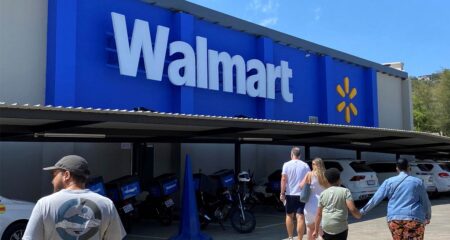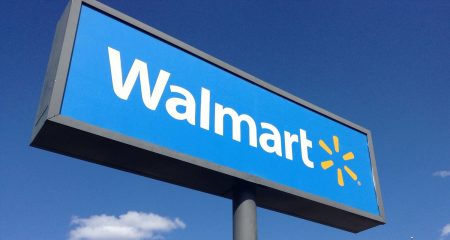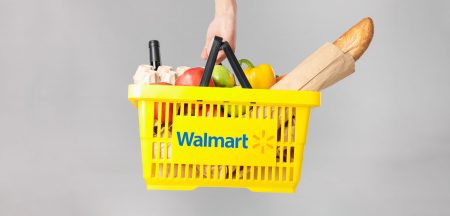
More than three in four South Africans who were asked for a bribe ended up paying one, according to a survey conducted by the Ethics Institute of South Africa (EthicsSA).
The average traffic bribe costs around R200, it found, while most bribes were offered in Limpopo province.
EthicsSA CEO Deon Rossouw said the 75% figure was worrying.
“Virtually everybody agrees that not enough is being done to combat bribery in the country, but perhaps we should be talking more about people’s individual responsibility not to participate in bribery,” he said in a statement.
The survey, which was conducted with 6 380 respondents in Massmart stores in Gauteng, Durban, Cape Town and Polokwane, conversely found that 25% of people did not pay bribes when asked to do so.
It also found that 26% of respondents knew of someone who had been asked for a bribe in the past year.
Most bribes (36%) were reportedly to avoid traffic offences, followed by bribes for jobs (17%), with unskilled and semi-skilled workers being most vulnerable to bribe requests in order to obtain jobs.
Bribes relating to tenders accounted for 7% of the responses, while 4% related to getting reduced prices or free goods from businesses. The most common amount for a bribe was R100, with 55% of all bribes falling below the R1 000 mark.
Bribe amounts related to tenders were the highest on average (R103 288), and the lowest average bribe amount was for traffic offences (R219).
The survey, which was sponsored by Massmart-Walmart, found that one is most likely to be approached for a bribe in Limpopo (48%).
Bribes are least likely to be solicited in the Western Cape (19%), followed by Gauteng (25%) and KwaZulu-Natal (26%).
Rossouw said the findings show that bribery is prevalent in the private sector, despite the widespread view that it primarily affects the public sector.
“While we expected that bribery for contracts and jobs would be prevalent in the private sector, we were surprised by the extent to which private sector companies are being targeted for bribes to get discounts or free goods,” he said.
Massmart spokesman Johan Stander said the company got involved in the survey because they were “dedicated to doing business the right way”.
“We have a significant anticorruption compliance programme, and believe we have a broader anticorruption role to play in South Africa,” he said. “So, we wanted to put our money where our mouth is … and partner with EthicsSA to sponsor the survey.”
The Massmart stores involved included Builders Warehouse, Game, Makro, Jumbo and DionWired. — News24




